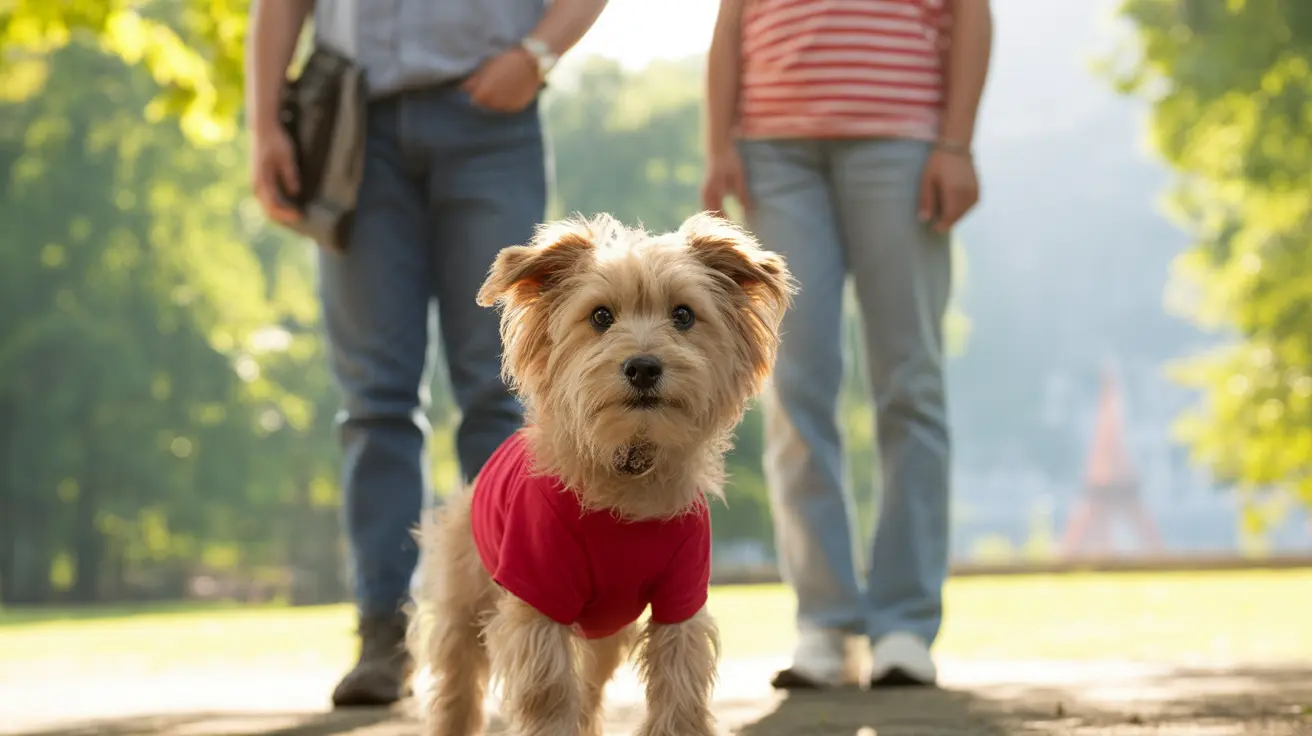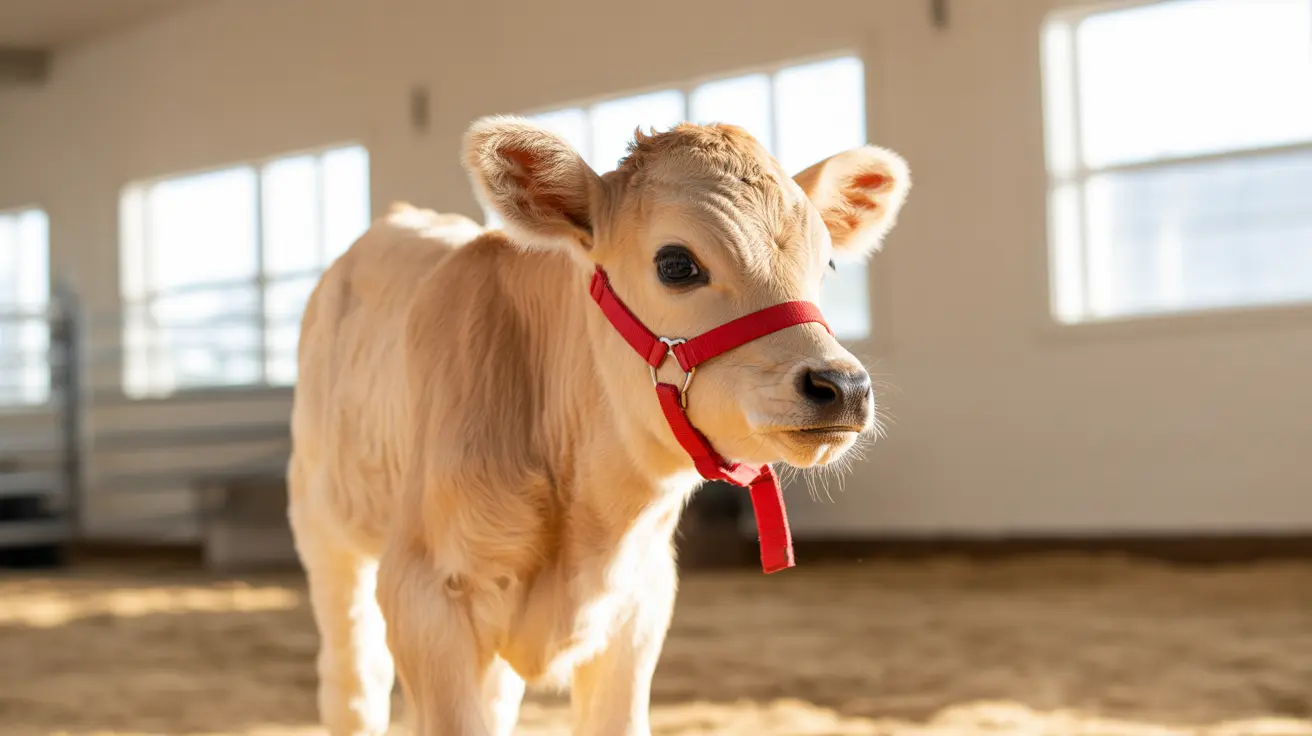How to Use Dawn Dish Soap to Remove Skunk Smell from Dogs
When a dog gets sprayed by a skunk, it can be a deeply unpleasant experience for both pet and owner. Skunk spray contains sulfur-based compounds, particularly thiols and thioacetates, that create a pungent and oily residue difficult to eliminate from fur and skin. In such situations, many pet owners turn to household remedies, with Dawn dish soap being a key component of the most effective solution.
Why Skunk Spray Smells So Bad
Skunks release their spray as a defensive mechanism. This smelly substance can cling tenaciously to pet fur and surfaces. The scent is not only offensive but can worsen over time, especially when the thioacetates convert into even more volatile thiols upon exposure to moisture. That’s why the smell may return or intensify after a bath.
Is Dawn Dish Soap Effective?
Yes. Dawn dish soap plays a crucial role in breaking down and removing oily substances, making it a key component in neutralizing and washing away skunk spray. Used together with hydrogen peroxide and baking soda, Dawn helps lift the odor-causing oils from the dog’s coat.
Homemade Skunk Odor Remover Using Dawn
Follow this trusted and science-backed formulation:
- 1 quart of 3% hydrogen peroxide
- 1/4 cup of baking soda
- 1 to 2 teaspoons of Dawn dish soap
Combine the ingredients in an open container. Generating oxygen, this mixture cannot be stored in a closed bottle as it may explode due to pressure buildup. It must be used immediately after mixing.
Application Instructions
- Keep the dog outdoors to prevent the skunk smell from spreading indoors.
- Check the dog’s eyes for any signs of irritation; if affected, rinse gently with cool, clean water.
- Apply the solution thoroughly over the dog’s dry coat—but avoid eyes and mouth.
- Let it sit for 5–10 minutes, allowing it to break down the oils and neutralize the smell.
- Rinse well with lukewarm water to clear away all residues.
Be cautious not to leave the solution on for too long as it may bleach the fur, especially in dark-colored dogs.
Follow-up Cleaning
- Bathe your dog using a regular pet shampoo to remove any leftover residues.
- Dry thoroughly with towels and finish drying in a warm, ventilated area to avoid chills.
- Disinfect washable materials like bedding and collars, using laundry detergent and baking soda before air drying outdoors.
Commercial Odor Removers vs. DIY Solutions
Commercial skunk odor removers are also effective and may be preferable if you're concerned about bleaching fur or want a peroxide-free option. These products are specifically formulated to neutralize thiols without affecting color or coat condition.
Ineffective or Risky Home Remedies
- Avoid tomato juice; it only masks the smell temporarily.
- Apple cider vinegar (diluted) can help, but it’s less effective than the peroxide solution.
- Never use bleach, ammonia, or other caustics near your dog’s eyes, ears, or mouth.
When to Call the Vet
Most skunk spray incidents cause only discomfort and foul odor. However, veterinary care is recommended if:
- Eyes are persistently red, swollen, or watering
- Dog shows signs of nausea, lethargy, vomiting, or labored breathing
- Wounds from contact or evidence of a skunk bite are present
In rare cases, skunk spray can cause conditions like Heinz body anemia or methemoglobinemia, especially with heavy or repeated exposure. Immediate vet care is essential in those instances.
Preventing Future Skunk Encounters
To minimize the risk of your dog getting skunked again:
- Keep your dog leashed at dawn or dusk when skunks are active
- Secure trash cans and remove outdoor pet food
- Seal access under decks, sheds, and porches
- Install motion-activated lights to deter skunks
- Supervise pets during nighttime potty breaks
With proper response and ingredients like Dawn dish soap, you can successfully remove skunk odor and help your dog recover quickly from the encounter.





